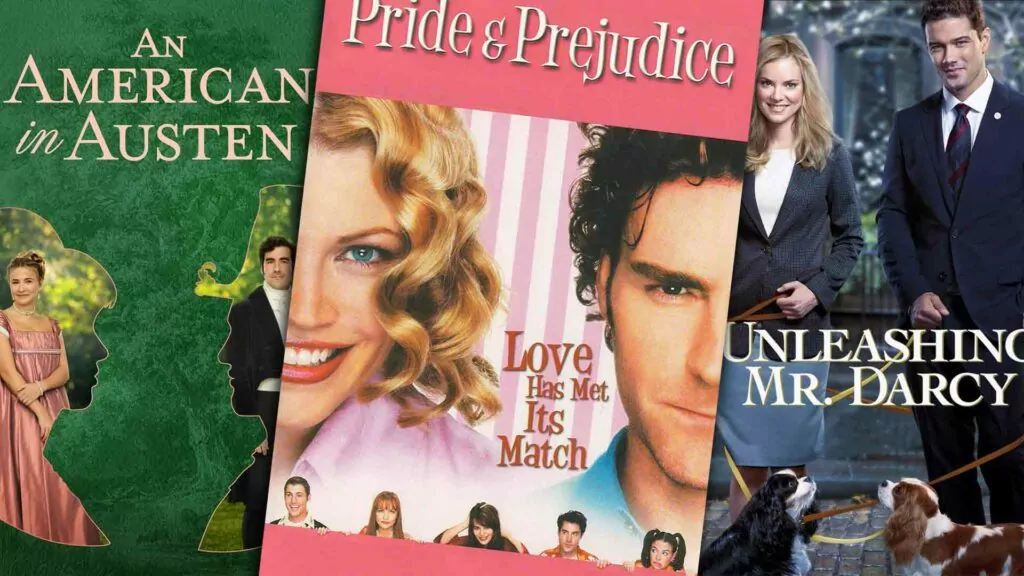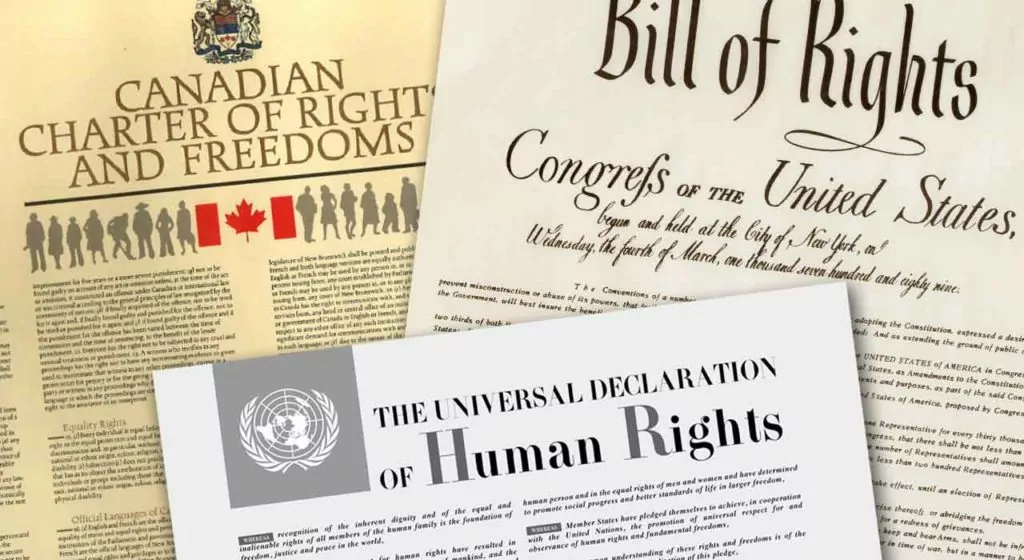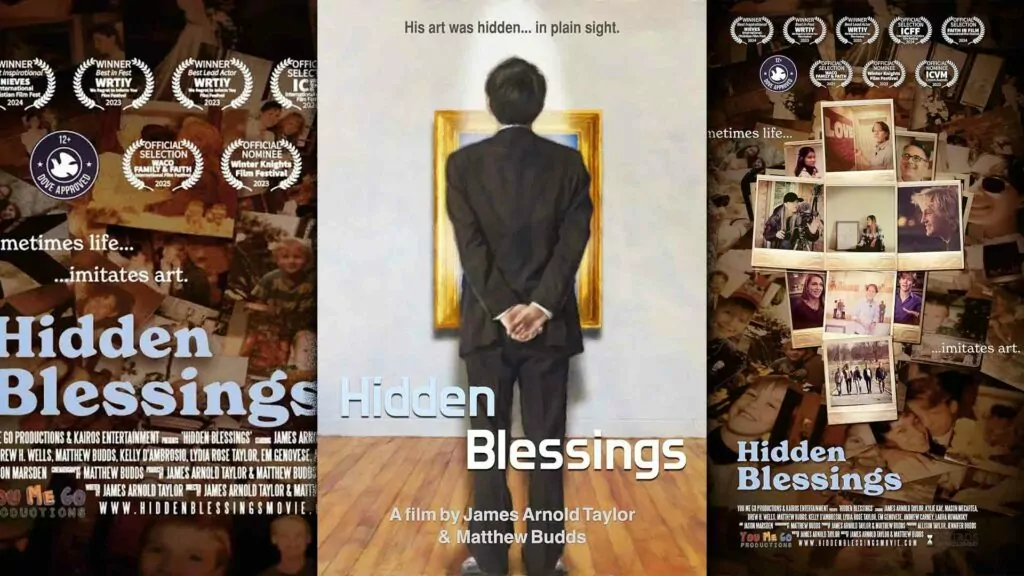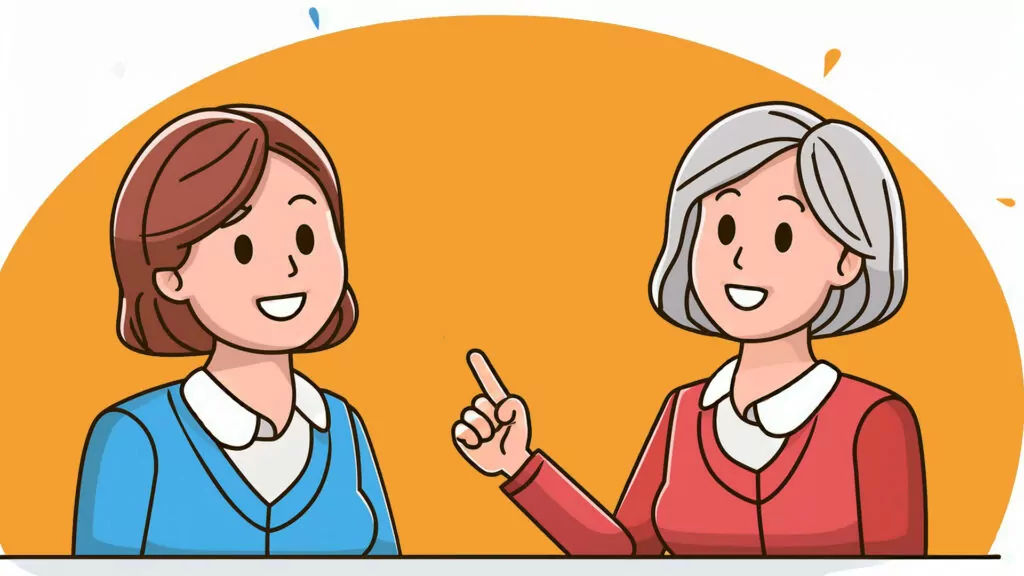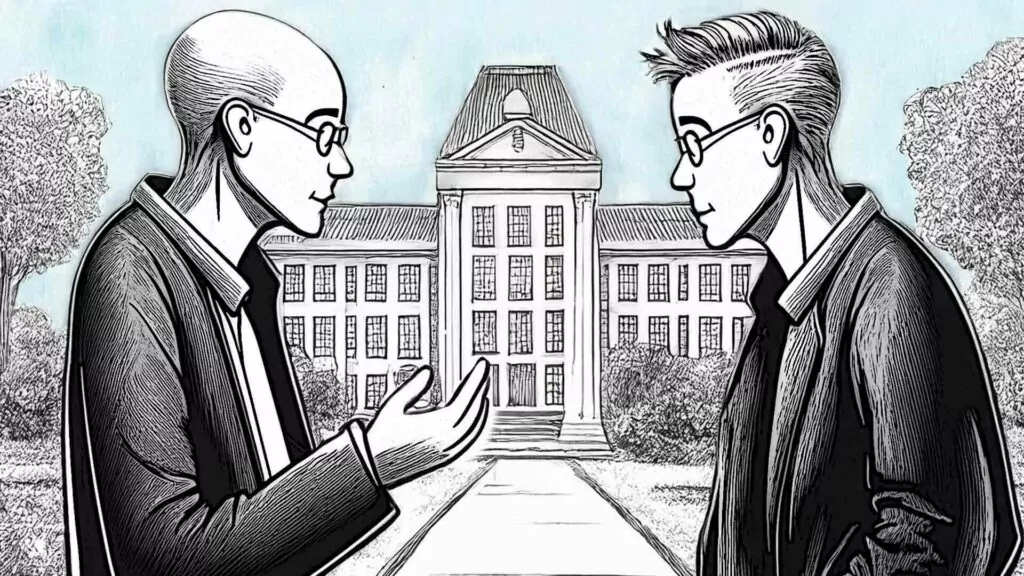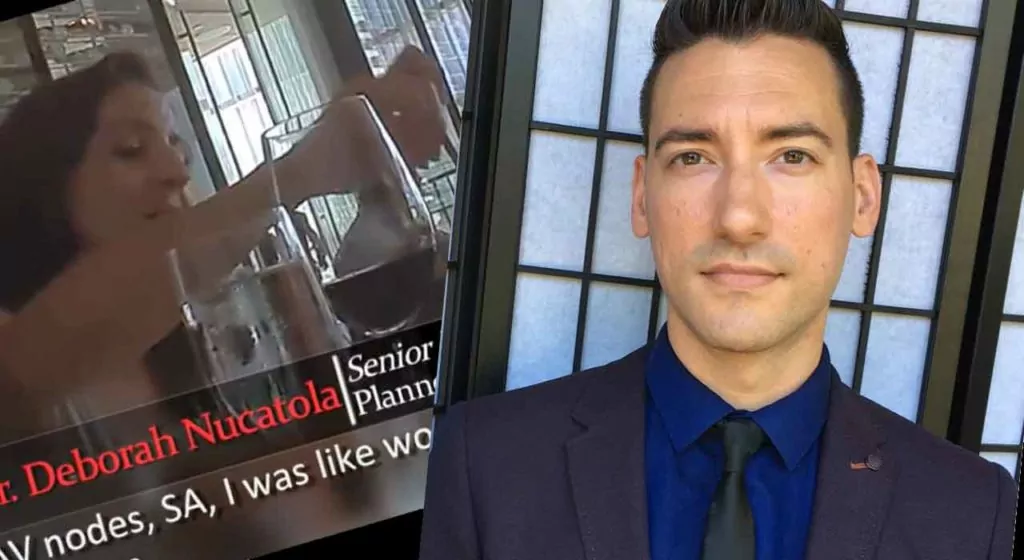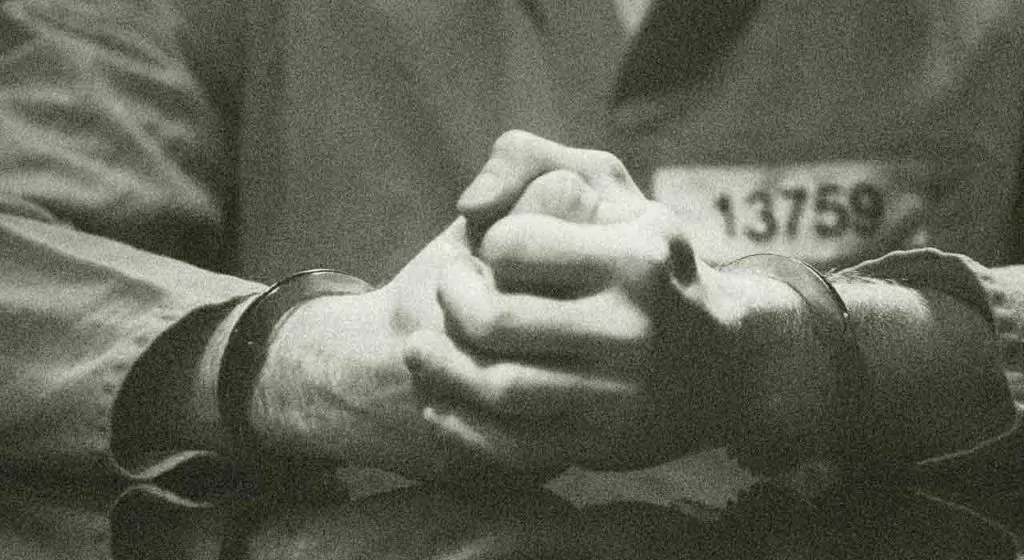Is it ever permissible to lie?
When Reformed Perspective first started, we had regular contributions from Dutch politician and journalist Piet Jongeling. In this article, from the October 1985 issue, he writes of his experiences during World War Two, when the Nazis arrested him and sent him to the Amersfoort concentration camp.
*****
People who are in the public eye must be prepared to face the criticism of onlookers and bystanders if they want to stay in business. I have experienced that quite often in my life as journalist, politician, and author. One of those experiences was a letter I received recently and which I would like to share with you. The letter read as follows:
Dear Mr. Jongeling:
Some time ago I had to do an essay on the topic of "the white lie" for a Reformed young peoples group. I would like to share part of my introduction with you. I wrote:
In a book about Dr. R.J. Dam I read that the question of the “white lie” became a vital issue during the German occupation of the Netherlands, and that Dr. Dam discussed this issue several times, and in great depth. On the one hand, he rejected the easy acceptance of lying that was so often the case during the war. On the other hand he showed a real understanding of the Biblical dilemma Christians faced here: to speak or not to speak lies, and to do so in love for God and for their neighbor. He understood how difficult it would be always to witness to the truth if he were to fall into the hands of the enemy. So as much as he hated the necessity of lying, he maintained that if he were forced to speak, he would never want to put other people's lives in jeopardy.
Clear enough.
How different is Jongeling! In the booklet "Called and Gone," an interview with Peter Bergwerff and Tjerk de Vries, Jongeling says: “I have lied faster than a horse can trot.” Such a statement forces me to classify Jongeling with the many people who during the war stole like the gypsies.
Thus far a part of my introduction. As could be expected, your quote about "lying faster..." was brought up in the question period. I promised the young people at the meeting that I would get in touch with you to ask you to please elaborate further on that statement, preferably in the light of Dr. Dam's position. I will soon be speaking on the same topic at a men's society meeting. I could then include your explanation in my paper. Hoping you will comply with my request, etc...
Discussing it in our cell
Thus far the letter. Didn't someone once say: "Give me just a single line of your writing, and I'll hang you by it?" Somehow this brother letter-writer manages to use my words "lied faster..." to put me in the lineup with those who, according to him, "stole like the gypsies" during the war. Now, the issue of whether it is ever permissible to lie has been the subject of much public discussion in the past, and it is most certainly a relevant question. So let us consider what was and what was not allowed under God's law during the German occupation.
First of all, it is necessary to read my "quote" in the context of the interview in which it was given. In Called and Gone I related the events surrounding my arrest in March 1942 and the interrogations that followed. A member of our resistance group had been arrested and an anti-Nazi pamphlet had been found on him. Under heavy pressure and torture the man finally admitted that he had received the document from me. That was the truth – I worked in the distribution center from which our group spread its literature. After his confession I was promptly picked up. But the search of my house yielded no evidence: everything had been quickly gathered up and hidden somewhere else. In this excerpt from the Called and Gone interview I continue recounting my experience in German custody.
We were both questioned for days on end, first in the police office and later in the remand center in Groningen. It still amazes me how wonderfully well it all ended up. We were locked up in separate cells, although in the same block. Between us there was an empty cell. But we soon discovered that with a bit of effort we could talk via the large heating system pipe that ran through the back of all the cells. We were dragged out for questioning one at a time. When he returned – often after being tortured – I asked him what questions they had asked him, and what answers he had given. And later, when I faced the same questions, I made sure that my answers corresponded with his...
...for some time I shared a cell with Rev. J.W. Tunderman. He was minister in Helpman and on January 6, 1942, the Gestapo dragged him out of his home. In December of that same year he died in Dachau. Together with him I have prepared my case as well as possible in the circumstances ... I lied faster than a horse can trot.
As was to be expected, the interviewers zeroed in on that last statement. They asked me: "Lied faster than a horse can trot? Did you give that any thought at that moment?" I replied:
Yes, I did. But in a way one also acts intuitively in such a situation. Sitting in the cell together, Rev. Tunderman and I, we discussed the issue for hours on end. Tunderman was very straightforward. He said simply: “You must not tell them the truth. If you do, many others will perish.” Of course, one could say, as later Prof. Greijdanus did, that in such a case you should remain silent. But that doesn't work. Those hoodlums use the most inhumane methods to make you talk. Besides, there are situations when silence does not help either. Take as an example, a farmer who is hiding fugitives, as so many did in those days.
"Are you hiding anyone?”
"I won't tell ... I won't tell...”
No, refusing to answer is not a practical solution. That’s why I believed it was my duty to lie. To this day I still believe that. They hit me, they hurt me, but I had built up a watertight story and that is why I could stick to it. There are situations like that in the Bible. Think of Rahab and her lie; think of Gideon with his torches in the empty jars. Those were well-designed ruses with only one intent: to mislead the enemy.
Thus far the quotes from the interview.
I maintain to this day that I acted, though spontaneously, yet not rashly, when I did not share the truth with those torturers in the Scholtenhuis prison. Had I remained silent, assuming for a moment that I could have kept that up even to death, the result would have been heavier pressure on my fellow inmate. And he had already succumbed once. He would most likely have been forced to mention more names. But now it became possible to communicate via the heating pipe, so that we could make up a story that steered their whole investigation to a dead end, so that further arrests were prevented.
On the Ninth Commandment
During the war hundreds, perhaps thousands, of people pondered how best to deal with such cloudy ethical dilemmas.
Some preachers tried to provide Scriptural leadership on these matters. Rev. Tunderman did that for me in our cell. Rev. B. Holwerda did it in his preaching. In his collection, The Gifts bestowed on us by God, Part IV, we find a sermon on Lord's Day 43 (the Ninth Commandment), held on Sunday, January 24, 1943. That was in the middle of the war, when the matter of “white lies” was extremely relevant. And it was at a time when many ministers of the Gospel had already been dragged away into concentration camps because they had said things on the pulpit which were not to the liking of the occupying forces.
This did not deter Rev. Holwerda. He let the light of God's Word shine on those points that, especially amidst the terror of war and the confusion of the occupation, most had to be clarified. Holwerda explains that the commandment “You shall not bear false witness against your neighbor” brings us into the realm of the courts. These courts are in place so that the government may avenge unrighteousness in a righteous manner. To that end, proper order is to be maintained, and everyone is called upon to give his full cooperation with these courts. Therefore, when so requested, one must speak the truth. But it would be another thing altogether if telling the truth would become instrumental in the abuse of justice. Then, according to Holwerda, witnessing to that truth has become senseless. As he puts it:
When the Lord asks His children to walk in the truth and to act in truth, there is something more and different at stake than simply providing factually accurate information. Communion with God and our neighbor comes first. Therefore, in the life of obedience to this Ninth Commandment the key question we need to ask is not whether we are at odds with the facts, but rather whether we are shortchanging our neighbor... If I am put under pressure to make a statement which clearly would deliver my neighbor (or myself) up to unrighteousness and render him defenseless against the brutal force of the father of lies, woe then to me if I dare speak the truth! For then I sacrifice my neighbor on the altar of the facts. But the Ninth commandment forbids me to sabotage justice. Therefore, it commands me to sabotage unrighteousness — if need be, through an incorrect declaration. If need be, I must be willing to sacrifice the facts for the sake of the urgent needs of my neighbor...
Holwerda continues with examples from the Bible. And he warns against abuse.
Let no one say: We may do as we please; the minister has said so... No, you shall love your neighbor, honor his rights, defend his good name and reputation, and so ensure that there is room for him within society. And you shall love him “as yourself.” You shall also protect your own rights. All this is necessary, otherwise society will collapse and sink in the mire of lawlessness.
A Reformed thesis
In 1979 the Korean minister Bo Min Lee was promoted to doctor of theology at the Kampen seminary. His thesis was entitled: Mendacium officiosum, with this explanation as a subtitle: "A discussion of the so-called white lie, with special emphasis on Augustine's views." Although there is quite a bit of Latin in this dissertation, it is written in a clear and readable manner. A comprehensive critique is not in place here, but a few lines and conclusions may suffice to illustrate the point I am trying to make.
The concept mendacium officiosum is usually represented by the English expression "a white lie," but that does not properly express what is contained in the Latin phrase. "Officiosum" means something like: "in the service of..."
According to the author, the phrase expresses the service we are sometimes called to deliver to our neighbor or to ourselves through the means of speaking an untruth. But "white lie" also indicates the critical situation in which we find ourselves and which makes the speaking of such an untruth a means of protecting ourselves and our neighbor.
Augustine and many theologians after him reject any speaking of untruth, even if it results from the desire to prevent a terrible evil from befalling a neighbor; for instance, murder or rape.
Bo Min Lee claims that such a radical rejection by Augustine and his followers results from an erroneous separation of the body as the lower part of man and the soul as the higher part, an idea that has its roots in the Greek world of thought. He also demonstrates that the church father could only maintain that outright rejection by following an incorrect exegesis of all kinds of Scripture passages.
The Scriptures
The dissertation's third chapter, entitled "Scriptural givens," begins as follows:
It is as clear that Holy Writ forbids us to lie. Texts such as “You shall not bear false witness against your neighbor” (Exodus 20:16) and “Do not lie to one another, seeing that you have put off the old self with its practices” (Colossians 3:9) leave no doubt. And Augustine did not leave any of this open for discussion.
But some passages of Scripture create problems and leave us with the question: is every form of lying at all times forbidden?
The author then introduces a long list of texts of which the first is Rahab's misleading answer when Jericho's king demanded that she hand over Israel's spies (Joshua 2). The Bible praises Rahab because of her attitude towards the spies and the people of Israel, as we can read in these four passages:
Joshua 6:17: And the city and all that is within it shall be devoted to the Lord for destruction. Only Rahab the prostitute and all who are with her in her house shall live, because she hid the messengers whom we sent (Joshua 6:17).
Joshua 6:25: But Rahab the prostitute and her father's household and all who belonged to her, Joshua saved alive. And she has lived in Israel to this day, because she hid the messengers whom Joshua sent to spy out Jericho (J
Hebrews 11:31: By faith Rahab the prostitute did not perish with those who were disobedient, because she had given a friendly welcome to the spies.
James 2:25: And in the same way was not also Rahab the prostitute justified by works when she received the messengers and sent them out by another way?
It’s clear that nowhere in the Bible is Rahab’s lying denounced. However, many exegetes hold that Rahab also wasn’t praised for her lying, and that it was Rahab's faith that was praised. They insist that it was still wrong of her to utter lies to save those spies.
Bo Min Lee rejects this form of reasoning. In an extensive discussion of the relevant passages he shows that such conclusions are based on a twisted exegesis. Rahab is being praised in the Bible for her "faithful works," and the misleading message she gave is a vital part of those "faithful works." The same holds true for many other cases where the Bible describes how misleading statements were made with a virtuous purpose and were clearly crowned with a blessing. Think of the God-fearing midwives in Egypt (Exodus 1), of Jael and Sisera (Judges 4:18-22), of the woman of the house of Bahurim (2 Samuel 17:17-20), and also of several stratagems which have only one purpose: to impart to the enemy an erroneous image of reality. The author of the dissertation then comes to this conclusion:
The Bible does not prohibit what Rahab and others have done, and therefore we have no right to introduce such a prohibition now. We realize that the mendacium officiosum may never become a matter of routine. Such “lies” may only be used in borderline situations.
He continues to explain then that such borderline situations are governed not only by the Ninth Commandment, but that the other commandments are often relevant as well. That, too, he illustrates with a number of Scriptural examples.
Again, it is impossible in the short space of this article to relate the many arguments Bo Min Lee produces in his thesis. He also gives ample coverage to opposing views, but refutes their ideas in a most convincing manner.
A forced choice
During those critical days of war and occupation, many Christians were confronted with the problem of what to do if one fell into the hands of the enemy. I was one of them. What do I do if a factually correct answer can cost others their freedom or even their lives? We had no time then to have an interesting theoretical discussion on that matter. It was literally a matter of life and death. Many, and I was one of them, concluded:
I must not reveal the facts. And silence, even if I could keep that up, will not help. And just as a ruse aimed at spreading disinformation by fake actions is acceptable during times of war, so misleading the enemy with words is also acceptable — even mandatory.
That, in the jail cell, facing death during the torturous interrogations, was not a choice one made rashly. But it was a choice that was suddenly forced upon people, and their correct decision has saved the lives of others. It was a choice for which I in my circumstances have prayed and for the outcome of which I have given thanks to God, the Father of truth.
And if someone, like my letter-writer, equates that with the activities of those who in wartime "stole like the gypsies," he should really reflect a bit more deeply on the meaning of the ninth commandment, also as it affects his own speech.
Some readers might know Piet Jongeling better by his pen name, Piet Prins, under which he wrote the children's series "Scout," "Wambu," and "The Four Friends."...

















































